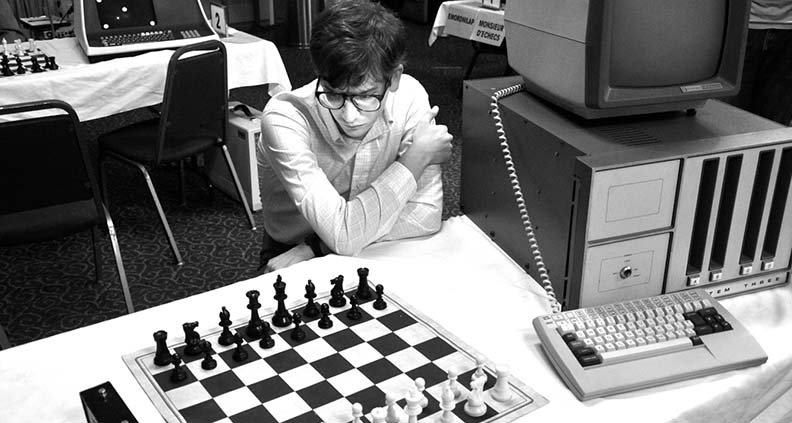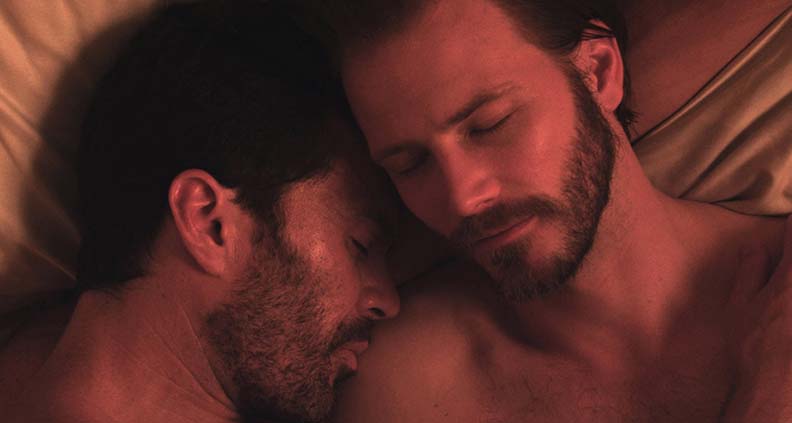Alexander Payne’s Declaration of Independents: Top Indie Directors Respond
A decade ago, director Alexander Payne wrote a provocative article for Variety called Declaration of Independents. These excerpts sum up the crux of Payne’s manifesto:
“Cinema is independent only to the degree that it reflects the voice of one person, the director (in conjunction with his or her hand-picked creative team).”
“I think on one level the only true independents are Paramount, Sony, Warner Bros., Universal and the rest of the major studios,” wrote Payne. “Say what you want about their imprisonment by corporate edicts and market forces; only they can make whatever they choose, and only they enjoy assured distribution.”
“Endless conferences and publications attempting to get a handle on American independent cinema—what it is, whether it exists, whether it’s dying or thriving—dance around what for me is the central issue: that the source of the financing is unimportant. Martin Scorsese now makes studio films that cost $100 million, and no one questions his independent credentials. And at Sundance we see low-budget features whose only message is ‘Hire me.’”
“Imagination, artistry and risk-taking are as essential to big-budget commercial films as they are for the emerging filmmaker. Our studios may now wish to invest in a greater number of less expensive films and enjoy the profits of volume rather than always starving the small and medium films in order to feed the increasingly mercurial ‘tentpole’ beast. And we filmmakers must be disciplined and keep our costs as low as possible in order to deserve the risks that define our finest filmmaking nature.”
We asked five of the directors behind some of the past year’s most innovative independent films—all are nominated for 2014 Film Independent Spirit Awards—to address how Payne’s declaration resonates with them and how it relates to the state of independent filmmaking today. Here’s what they had to say:

“How about [renaming it] ‘interdependent cinema’? Or, perhaps, ‘co-dependent cinema’? (That is, if the word ‘cinema’ is still allowed). I always thought part of the reason the term ‘independent’ was so slippery was that it doesn’t make much literal sense to begin with. No narrative filmmaker works ‘independently’–if we were interested in doing that, we might go learn to paint or write poetry. But we’re all bonkers enough to suppose that our best and most inspired work comes when we herd cats—whether that’s gathering a half-dozen peers to improvise on a micro-budget or commanding an army bought with studio money. In any case, there are always strings attached. The trick is knowing which strings are where and the force with which they pull. The economics and technology of moviemaking have shifted tremendously in the last decade, and there’s no reason to think that the next won’t bring greater changes, but the creative game is pretty well the same as it was a hundred years ago.”
Andrew Bujalksi, writer/director, Computer Chess, 2014 Spirit Awards John Cassavetes Award nominee

“I come from a country where cinema is illegal, so all of my early films were independent by default. In Saudi Arabia, a lot of artists practice self-censorship and try to play it safe. But even the most basic art forms talk about the world and a person’s search for a place within it. If your only goal is entertainment, your work will still have a perspective, full of comments and criticisms. In Saudi Arabia, and the entire Gulf region, you see that people are reluctant to form an individual opinion. These are tribal societies where individuality is vilified, where groupthink is seen as a positive part of the culture. So stepping out of that system can be a painful, often dangerous process.
But I am not looking at films for activism, I’m looking to films to hear the unique voice of the filmmaker. I think real change comes to a society by building a foundation for it through the arts. ‘Mainstream’ films play a key role in socializing new ideas to the broader society and introducing change in a positive, non-threatening way. Even in Saudi Arabia, people look to cinema ‘for context, for clues about who we are and where we’ve come from and where we might be going.’ They may not be seeing them in theaters (most likely they are downloading them illegally) but they are taking them in, digesting their messages, and shifting the way they look at the world and their place within.”
Haifaa Al Mansour, writer/director, Wadjda, 2014 Spirit Awards Best First Feature Award nominee

“I remain positive. I have a post-it on my computer, a daily list. It says, ‘wake; take kids to school; work; make dinner; present a great conflict, a challenge to civilization; sleep.’ I don’t remind myself daily that I have the right to be a professional filmmaker or have guaranteed distribution or anything that comes with it. But I do remind myself to present compelling ideas, and if I do that, maybe I get to roll again. There are more ways than ever to make that happen.”
Stacie Passon, writer/director, Concussion, 2014 Spirit Awards Best First Feature Award nominee

“Boy, it sure seemed nicer in 2004! But I guess we’d say the same about today a decade from now. Maybe the point is that it’s never better or worse. It just is. Anything personal or singular is always challenging. Perhaps that’s why it’s ‘independent.’ It can be an often lonely journey, but it’s also harder for me to name something else that makes me feel less alone when it clicks with the right audience. When my work speaks to their soul, it’s like witnessing a miracle. I’ve given up on trying to figure out what independent cinema means. What state it’s in. What state it should be. All I can do is to be true to my voice. It’s the one thing that always gets me through the day. The art has never let me down.”
Yen Tan, writer/director, Pit Stop, 2014 Spirit Awards John Cassavetes Award nominee

Lee Jameson / Film Education Coordinator